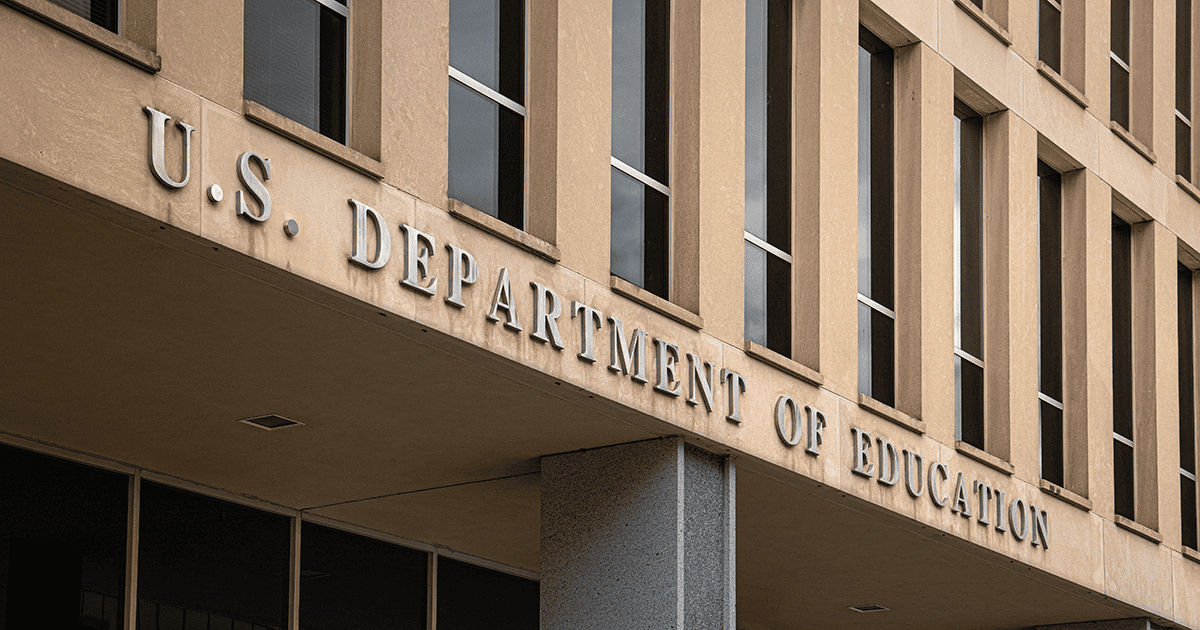The Academy submitted a statement for the record in response to the Senate Finance Committee Hearing on the President’s Fiscal Year 2021 Budget.
The hearing on February 13, 2020, centered around the administration’s proposed health-care priorities outlined in the budget document. The budget document includes a proposal that would impose a five percent reduction to non-primary care/services in Medicare. Academy comments point out the fact that this five percent reduction would compound the already-expected eight percent reduction contemplated in 2021 for audiology and that a combined 13 percent reduction would be untenable.
Academy comments also urge the administration to reevaluate the expected 2021 Medicare reimbursement cuts to certain providers planned to offset the increase in payment for E/M services. Academy comments highlight some of the unique audiology billing/coding restrictions that will exacerbate the effect of the planned reductions and urge the administration to consider an alternate approach to offset the E/M increases.
Finally, the budget proposal lists improving access to rural health care as an overarching priority. Academy comments point out that the Medicare Audiology Access and Services Act (H.R. 4056/S. 2446) would allow beneficiaries direct access to audiology services and classify audiologists as “practitioners” that would allow them to provide services through telehealth.
Recent Posts
Allergies in U.S. Adults
Individuals who live in colder areas of the country may be eagerly awaiting the arrival of spring and its associated warmer weather. Others may be…
Securing Federal Loan Access for Audiology Students: Comments Close March 2
The Academy is pursuing a two-pronged strategy through Congress and the Department of Education to protect federal student loan access for AuD students. Both pathways…
Rock the PAC: An Evening of Music, Networking, and Advocacy
This content is an exclusive benefit for American Academy of Audiology members. If you’re a member, log in and you’ll get immediate access. Member Login…


